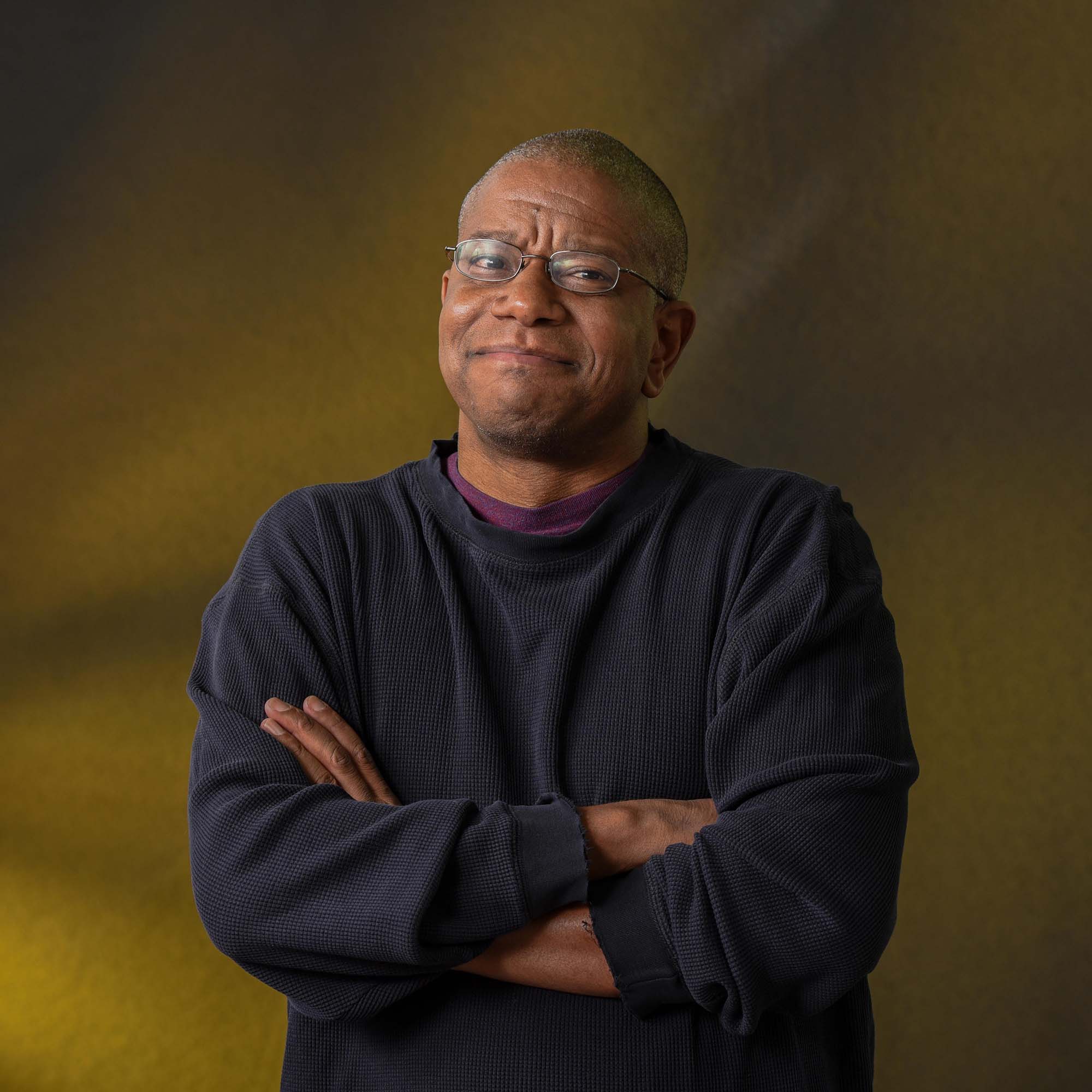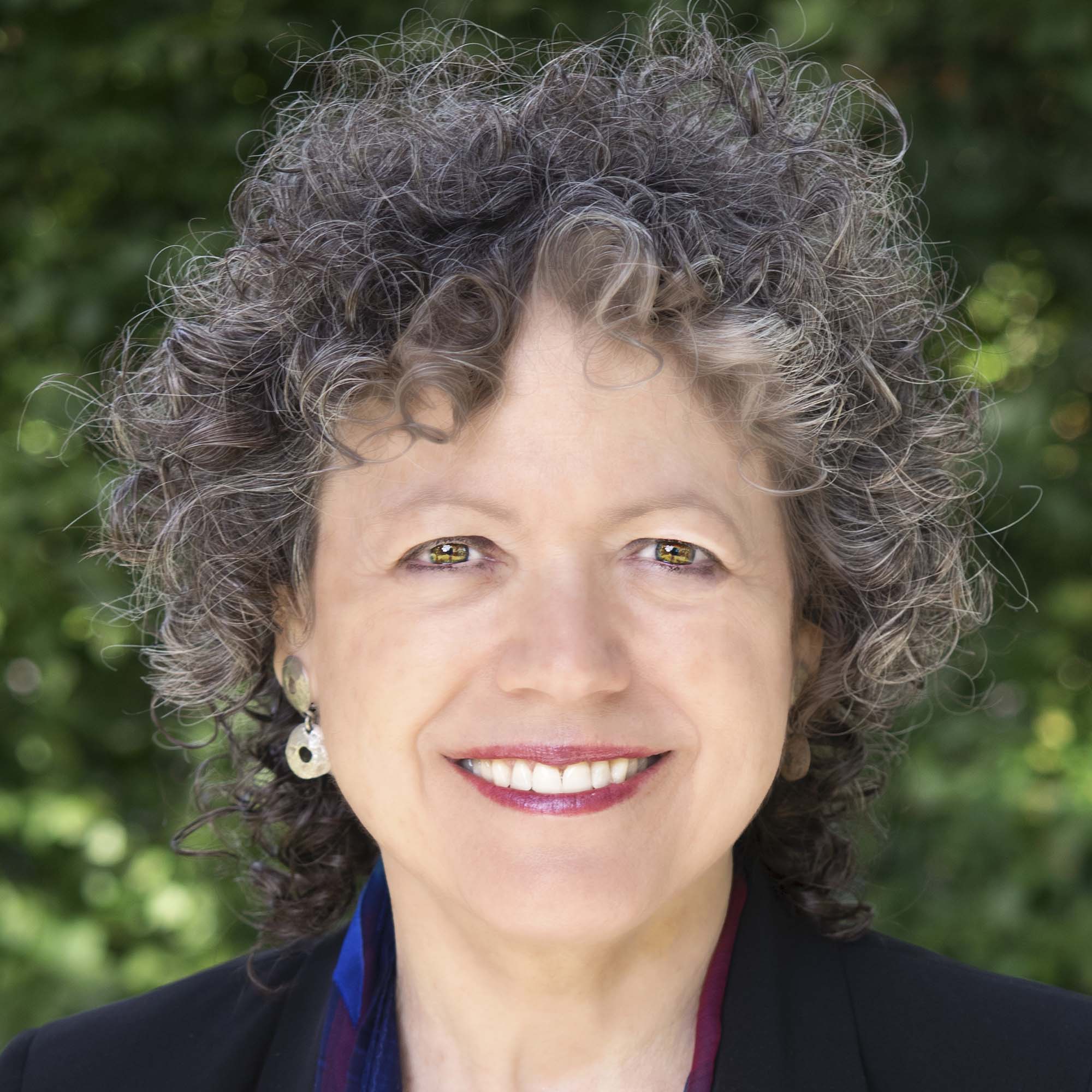BU Social Scientists Among Five Newest Members of the American Academy of Arts & Sciences
This article by DOUG MOST originally appeared on the Bostonia on April 26, 2024.

Sociologist Deborah Carr, author Jhumpa Lahiri, journalist Kevin Merida among those honored
A group of Boston University faculty and alumni—alongside actor George Clooney, Apple CEO Tim Cook, retired NBA star Grant Hill, and other global leaders in the arts and sciences, business, philanthropy, and public affairs—are the newest members of the American Academy of Arts & Sciences, announced on Wednesday.
The BU-affiliated members among the 250 elected to the eminent organization are:

Paul Beatty
A BU alum and prominent best-selling author, Beatty (CAS’84, GRS’87) was the first American author to win the Booker Prize, for The Sellout (Farrar, Straus and Giroux, 2015), his satirical novel on race in America. When he won the prize, Beatty, who earned both bachelor’s and master’s degrees in psychology at BU, acknowledged the challenges of writing the book, which is filled with coarse language and obscenities: “It was a hard book for me to write; I know it’s hard to read. I’m just trying to create space for myself. And hopefully that can create space for others.”
Deborah Carr (CISS Director)
A professor of sociology at BU’s College of Arts & Sciences and director of the Center for Innovation in Social Science, Carr is one of the nation’s leading experts on aging, health, and well-being in later life. In articles, journals, and books, she has written extensively on death and dying, on inequality in old age, on how family relationships evolve through life, and on the stigma facing those who deal with obesity and disabilities. In a recent essay for The Brink, Carr wrote: “This aging of our population will impact every aspect of our society, from social policy to healthcare expenditures to the labor force to family care.”
Jhumpa Lahiri
Lahiri is a BU alum whose rise as a writer began with her collection of short stories Interpreter of Maladies, which won the 2000 Pulitzer Prize for fiction, followed by her acclaimed novel The Namesake. “Part of what drove me to write those early stories was that impulse that I had, as a child as well, to be able to speak for my parents—to defend them, to protect them, to explain them in a world in which they weren’t being completely understood or respected or heard,” Lahiri (GRS’93, UNI’95,’97) said in a recent interview.
Kevin Merida
ESPN. Washington Post. Los Angeles Times. Dallas Morning News. Merida (COM’79) is one of the most prominent journalists in America. And his journey started at BU, when he interned at the Boston Globe and led a campus newspaper called BLACKFOLK. He is a member of the Pulitzer Prize Board and the BU Board of Trustees. In a recent BU interview with COM/365 about the state of journalism, he said: “A news organization today has to do more things than a newspaper had to do. I still love the physical newspaper. It’s beautifully curated by human beings every day, and for those who still get it, it’s a wonderful product. But to reach the audiences that we need to reach today, and in the future, we have to be a broader, more robust thing.”
Vivien Schmidt

A leading scholar of European politics and economics, Schmidt is a professor of international relations at BU’s Frederick S. Pardee School of Global Studies, the Jean Monnet Professor of European Integration, and founding director of BU’s Center for the Study of Europe. Writing recently in the Journal of European Public Policy about the rise of populism in politics, Schmidt said: “The trans-national reach of both social media and traditional media has also meant that populist messages ‘travel’ through the mechanism of diffusion. The dissemination of populist ideas and discourse had a great boost in 2016, with the Brexit referendum and the [Donald] Trump election, not only through chat-bots’s false news but also as populist European leaders started emulating Trump’s manner as well as discourse.”
The American Academy of Arts & Sciences was founded in 1780 to, in its words, “help a young nation face its challenges through shared purpose, knowledge, and ideas.” Its first members were elected in 1781, and membership includes Ralph Waldo Emerson, Benjamin Franklin, Alexander Hamilton, Madeleine Albright, Martin Luther King, Jr. (GRS’55, Hon.’59), Anna Deveare Smith, Nelson Mandela, Lin-Manuel Miranda, and Salman Rushdie. An induction ceremony for the 2024 members will be held in Cambridge, Mass., in September, with a welcoming ceremony held in New York City on June 3.
“We honor these artists, scholars, scientists, and leaders in the public, nonprofit, and private sectors for their accomplishments and for the curiosity, creativity, and courage required to reach new heights,” says David Oxtoby, president of the academy. “We invite these exceptional individuals to join in the academy’s work to address serious challenges and advance the common good.”
When President George Washington accepted his membership in the academy as part of the inaugural class in 1781, he wrote in his letter: “I feel myself particularly honored by this relation to a society whose efforts to promote useful knowledge will, I am persuaded, acquire them a high reputation in the literary world.”